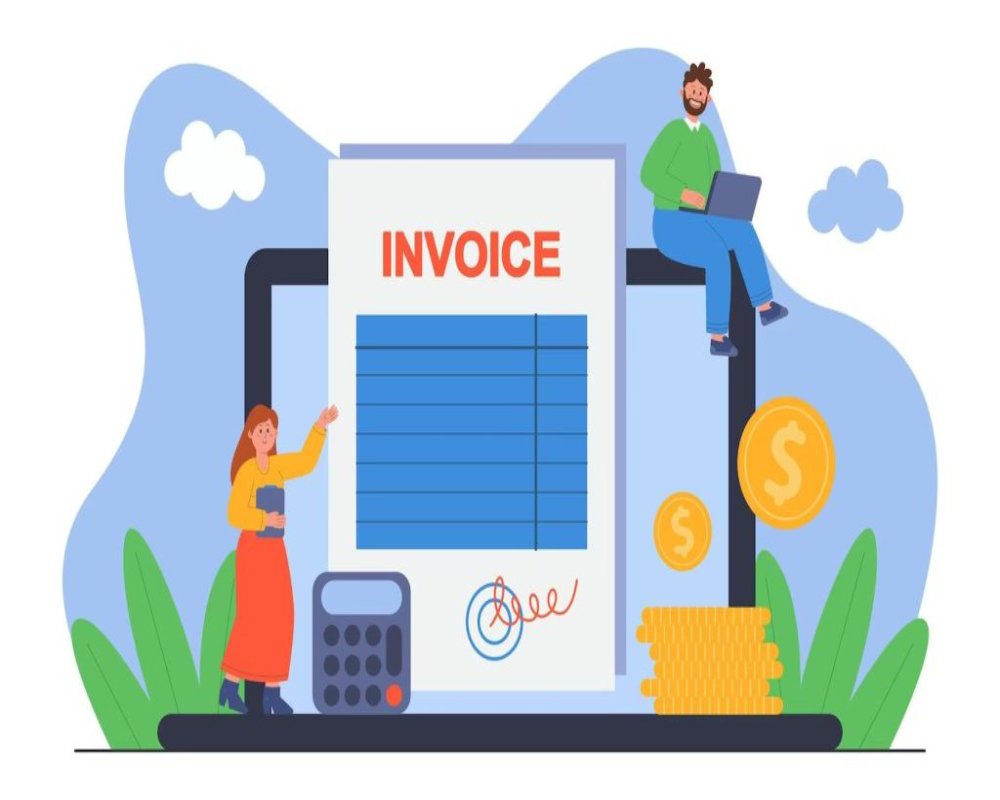Legal Right to Issue Invoices
A registered or unregistered partnership firm has the full legal capacity to raise invoices in its name for commercial transactions.
- The firm’s name, PAN, and address must be clearly mentioned
- Invoices can be issued for both goods sold and services rendered
- Both registered and unregistered firms can issue invoices
- A GSTIN must be included if the firm is GST-registered
- Invoices form part of the firm’s official business records
GST Compliance and Invoice Requirements
If the firm is registered under GST, it must issue tax invoices that comply with the CGST Rules, 2017.
- GST invoice must include HSN/SAC codes, GST rates, and amounts
- Must show firm’s name, address, GSTIN, and invoice number
- Buyer’s name and GSTIN (if registered) must be included
- Copies of the invoice must be maintained for records and returns
- Credit and debit notes must be issued in the prescribed formats if applicable
Contents of a Valid Invoice
A partnership firm’s invoice must include specific mandatory fields to be considered valid under Indian tax laws.
- Name and address of the partnership firm
- Unique serial number for each invoice
- Date of issue and description of goods or services
- Quantity, rate, and total amount
- Applicable taxes (CGST, SGST, IGST) and final invoice total
Types of Invoices a Firm Can Issue
Depending on the registration and type of transaction, the firm may use different kinds of invoices.
- Tax Invoice (for GST-registered firms)
- Bill of Supply (if GST-exempt or under composition scheme)
- Proforma Invoice (for quotation or estimate purposes)
- Commercial Invoice (for export or international trade)
- Delivery Challan or Receipt Voucher (as applicable)
Benefits and Best Practices
Proper invoicing enhances professionalism, tax compliance, and business credibility. It also helps in smooth audit and accounting.
- Keeps business records organized and traceable
- Necessary for claiming Input Tax Credit (ITC) under GST
- Helps in preparing annual accounts and tax filings
- Builds client trust and supports financial transparency
Electronic invoicing (e-invoice) is mandatory if turnover exceeds ₹5 crore


0 Comments